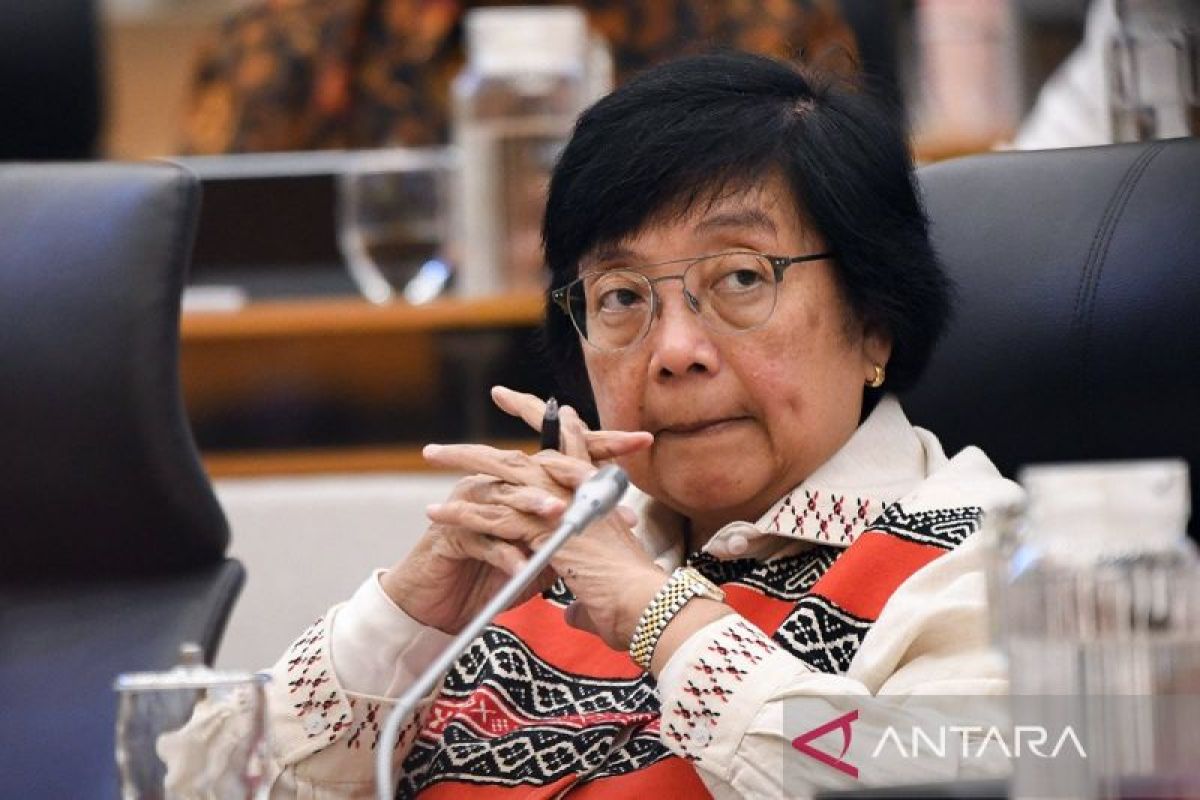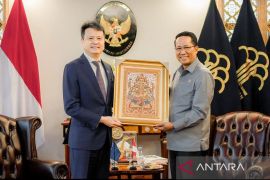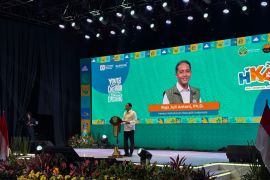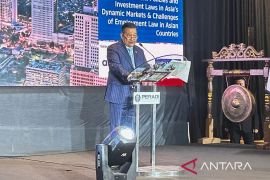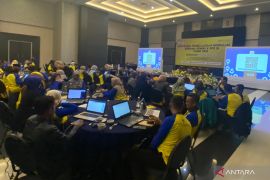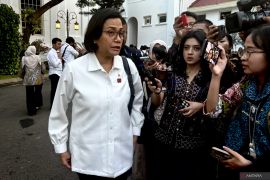She made these remarks during the World Ozone Day commemoration event in Bogor, West Java, on Monday.
Nurbaya stated that the UN-backed Scientific Assessment Panel for the Montreal Protocol on Ozone-Depleting Substances, through its quadrennial report, confirmed the phase-out of nearly 99 percent of banned ozone-depleting substances.
She claimed that Indonesia reduced HCFCs by 37.5 percent in 2020 and by 55 percent in 2023.
In this regard, Nurbaya commended all ministries, agencies, regional governments, and other stakeholders, as well as the executors of ozone layer protection actions in Indonesia.
"If the current policy remains applicable and is implemented, the ozone layer is expected to recover by around 2066 in the Antarctic, 2045 in the Arctic, and 2040 globally," she pointed out.
Nurbaya mentioned that efforts to eliminate ozone-depleting substances have significantly slowed global warming.
"Without intervention, uncontrolled ozone depletion and excessive UV-B radiation will hinder plant growth, reduce the capacity of vegetation to absorb carbon dioxide (CO2), and impact human health, including increasing the risk of skin cancer and cataracts," she remarked.
Nurbaya attributed the increased success to the adoption of the Kigali Amendment to the Montreal Protocol, which regulates provisions for reducing the consumption of hydrofluorocarbons (HFCs). Although HFCs are not ozone-depleting substances, they are considered potent greenhouse gases.
To this end, the reduction in HFC consumption will be included in Indonesia's commitment to emission reduction, specifically in the Second Nationally Determined Contribution document, which will be reported to the UN Framework Convention on Climate Change (UNFCCC), she added.
Nurbaya said that, in accordance with the Kigali Amendment, the reduction in HFC consumption will begin in 2029, starting with a 10 percent reduction and gradually increasing to 80 percent by 2045 compared to the baseline.
"The adoption of the Montreal Protocol is not only to ensure the ozone layer is protected but also to enhance climate action," she remarked.
Related news: Jakarta sees 86.47 tons carbon emissions reduction on World Ozone Day
Related news: Indonesia gradually reducing hydrofluorocarbon consumption: ministry
Translator: Shabrina Zakaria, Raka Adji
Editor: Anton Santoso
Copyright © ANTARA 2024
